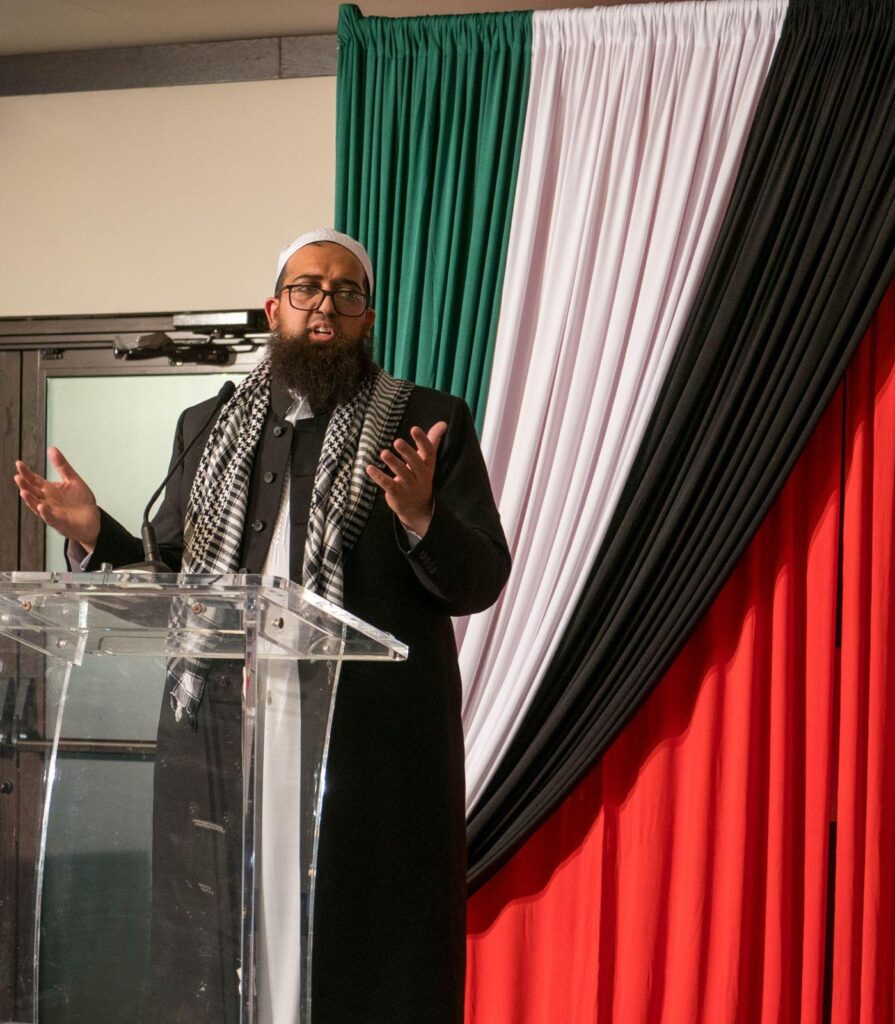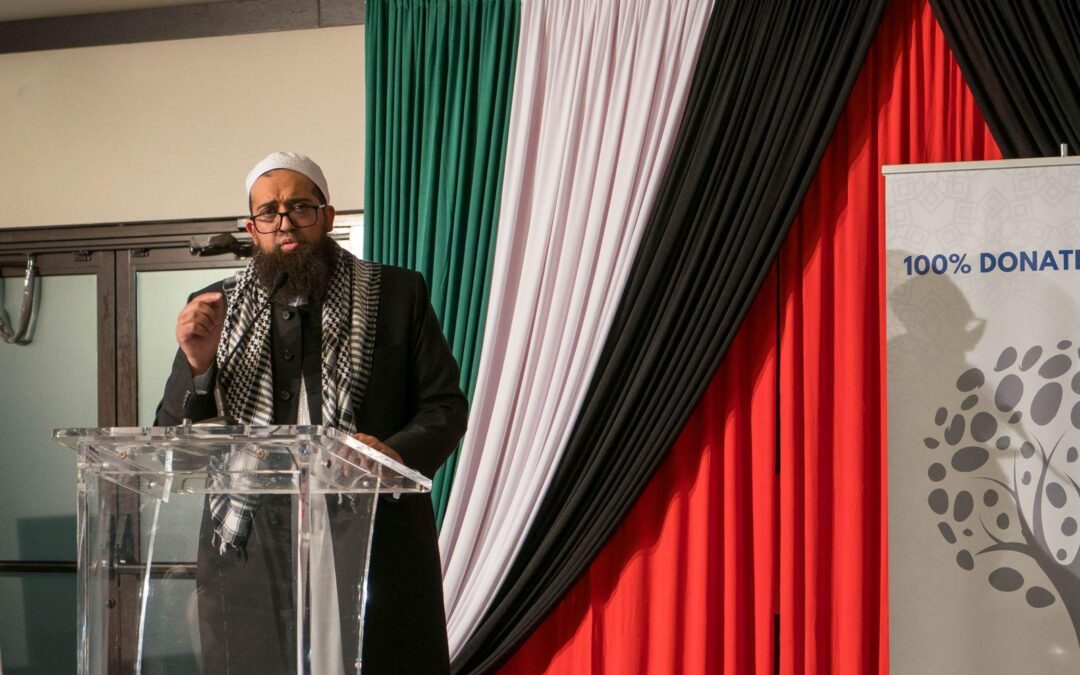The Islamic Center of San Francisco, established in 1959, holds a significant place in the Bay Area’s religious landscape. As the oldest mosque in San Francisco and the second oldest in Northern California, it has been a cornerstone of the Muslim community for over six decades.
Adaptation to Modern Challenges
The ICSF has adapted to serve San Francisco residents and commuters, offering a place for prayer, relaxation, and community connection throughout the day. This flexibility demonstrates the center’s evolution to meet the changing needs of its diverse congregation.
Since its founding in 1959, the Islamic Center of San Francisco has transformed from a simple place of worship into a multifaceted community hub. It serves the religious, educational, and social needs of a diverse Muslim population while also engaging with the broader San Francisco community.
The ICSF has developed a strong focus on interfaith activities and community outreach. The center actively participates in interfaith programs with local faith groups and encourages people of all backgrounds to visit and learn about Islam.
We were recently invited to visit the Islamic Center of San Francisco and speak with Imam Faiz and Zuhaib Siddique, its secretary. Thank you both for the gracious invitation. Let’s start with your center’s history.
Imam Faiz: Thank you for joining us. The Islamic Center of San Francisco, established in 1959, is the first Mosque in the San Francisco Bay Area and the second oldest in Northern California. Our community saw significant growth in the late 1960s with an influx of Southeast Asian students attending local universities.
Zuhaib Siddique: Indeed, our location in District 9 – Bernal Heights, a vibrant and diverse community, has been instrumental in our development as a cultural and religious leader. We serve Bay Area Muslims, non-Muslim friends, and our extended community. Our philosophy is one of inclusivity – we welcome everyone into our faith ecosystem.
Could you explain what it means for the Islamic Center to be a waqf?
Imam Faiz: Certainly. A waqf, a concept deeply rooted in Islamic tradition, is an endowment made by a Muslim for religious, educational, or charitable purposes. The Arabic word ‘waqf’ means to stop, contain, or preserve. In practical terms, it means our mosque and its property can never be donated, inherited, or sold. This ensures the perpetual dedication of the center to its intended purpose.

Imam Faiz – the Islamic Center of San Francisco
Could you explain the core beliefs of Islam to our audience?
Imam Faiz: The foundation of Islam rests on what we call the Five Pillars. These are essential practices and beliefs for all Muslims:
- Shahadah: Our declaration of faith
- Salah: Ritual prayers performed five times daily
- Zakat: Giving a portion of one’s income to those in need
- Sawm: Fasting during the month of Ramadan
- Hajj: The pilgrimage to Mecca
These pillars form the core of our faith and guide our daily lives as Muslims.
Could you tell us about the services you offer at the Islamic Center?
Zuhaib Siddique: We provide a comprehensive range of services. Religiously, we offer all daily prayers, special Friday prayers, Eid celebrations, and funeral services. But we’re more than just a place of worship – we’re a community center. We strongly focus on education, with programs for both children and adults.
Imam Faiz: Our educational offerings include an after-school Islamic School for children aged 5 to 12, including a Hifz program for memorizing the Holy Quran. We also run summer camps, marriage services, and psychological counseling. Additionally, we’re committed to charitable work, offering food, housing, and financial support to community members in need.
Zuhaib Siddique: We have volunteers from various professions who act as guidance counselors and advise anyone seeking it.
That’s quite an extensive range of services. I understand you’re also involved in interfaith activities.
Imam Faiz: Absolutely. Our mosque is open to everyone, regardless of their faith. We believe in fostering understanding and building bridges between different communities. We actively participate in interfaith programs with local faith groups, such as Or’ Shalom.
Zuhaib Siddique: We encourage people of all backgrounds to visit us and learn about Islam. Our doors are always open to those curious or seeking to understand our faith better.
Thank you both for sharing this valuable information about the Islamic Center of San Francisco. You’re not just a place of worship but a vibrant community center serving diverse needs.
Imam Faiz: Thank you for visiting us. We’re always happy to share our story and invite people to learn more about our community and faith. We hope this conversation encourages more people to visit us and experience the warmth and inclusivity of our center firsthand.

